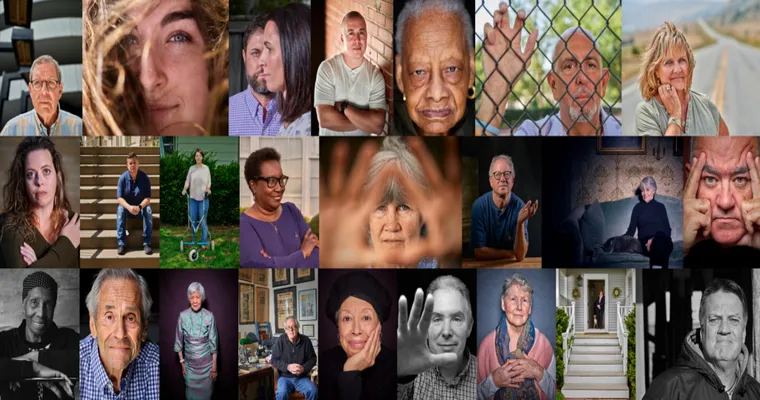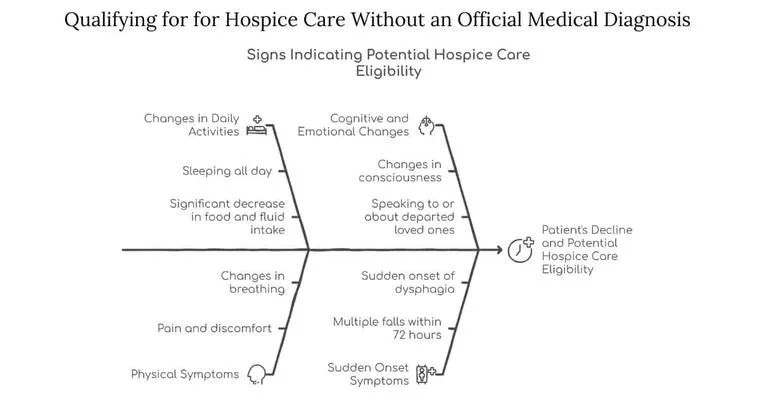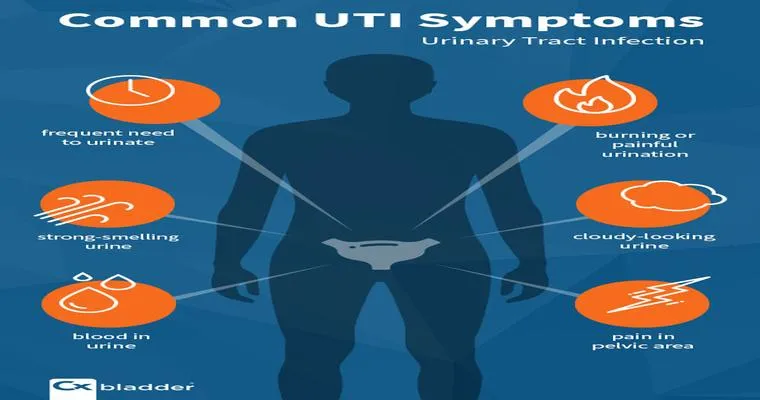Ageism is a pervasive issue that often intersects with the challenges faced by individuals living with "Alzheimer's" and "dementia". These cognitive disorders not only affect memory and thinking but also bring to light the prejudices and stereotypes associated with aging. When society views older adults through the lens of ageism, it can exacerbate the difficulties that come with these conditions. Understanding and combating ageism is essential for improving the quality of life for those affected by Alzheimer's and dementia.
Alzheimer's disease, the most common form of dementia, is often misunderstood. Many people erroneously assume that dementia is a natural part of aging, leading to a lack of adequate support and resources for individuals diagnosed with these disorders. This misconception can fuel "discrimination", making it difficult for affected individuals to receive the understanding and care they deserve. Ageism can manifest in various ways, from dismissive attitudes towards older adults to inadequate healthcare services tailored to their needs.
Facing ageism requires a multi-faceted approach. First, it is crucial to raise awareness about Alzheimer's and dementia, helping the public to recognize that these conditions are medical issues rather than inevitable outcomes of aging. Educational campaigns can help dispel myths and promote a more nuanced understanding of cognitive decline. By highlighting the experiences of those living with these conditions, we can challenge the stereotypes that contribute to ageism.
In addition to awareness campaigns, advocating for policy changes is essential. Improved access to healthcare and support services for individuals with Alzheimer's and dementia can help combat ageism at systemic levels. Policymakers must be encouraged to allocate resources toward research, support programs, and caregiver education. By doing so, society can create an environment that respects and values older adults, regardless of their cognitive abilities.
Support groups and community initiatives also play a vital role in addressing the challenges of ageism. These platforms provide a space for individuals and families affected by Alzheimer's and dementia to share their experiences, gain support, and educate others. Building a community around these issues can empower affected individuals and reduce feelings of isolation often associated with cognitive decline.
Finally, it is essential to promote positive narratives around aging. Media representations of older adults should reflect the diversity and richness of their experiences, rather than perpetuating negative stereotypes. By showcasing stories of resilience, creativity, and contributions from older individuals, we can help shift societal perceptions and reduce ageism.
In conclusion, facing ageism with Alzheimer's and dementia requires a collective effort to challenge stereotypes, advocate for supportive policies, and foster community connections. By addressing the prejudice that often accompanies aging, we can improve the lives of those affected by these conditions and create a more inclusive society. Understanding that Alzheimer's and dementia are not merely a result of aging but complex medical conditions can help pave the way for a future where older adults are respected and valued, regardless of their cognitive abilities.





